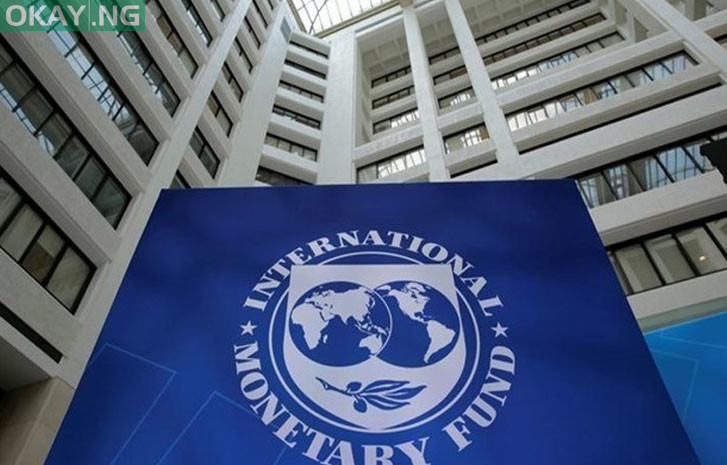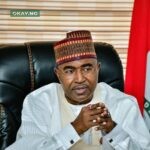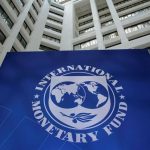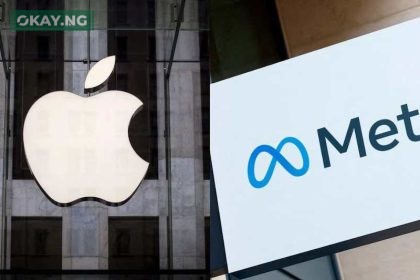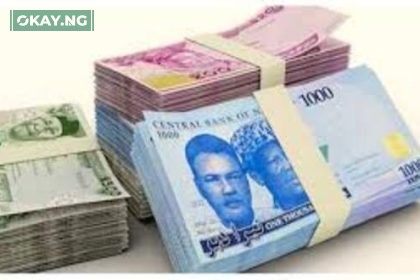Despite recent data suggesting a moderation in Nigeria’s inflation rate, the International Monetary Fund (IMF) has issued a stark warning, projecting an average headline inflation of 26.5% for the nation in 2025. This forecast, revealed in the IMF’s April 2025 World Economic Outlook (WEO), stands in stark contrast to the Nigerian government’s Medium Term Expenditure Framework (MTEF), which anticipates inflation cooling down to 15% in the same period.
The IMF’s projection follows the National Bureau of Statistics’ (NBS) recent rebasing of the Consumer Price Index (CPI), a methodological change that initially painted a more optimistic picture. Following this rebasing, Nigeria’s inflation rate saw a significant drop to 24.48% in December 2024 from a high of 33.2%. This downward trend continued into February 2025, with inflation moderating further to 23.18%, leading some analysts to predict a potential interest rate cut by the Monetary Policy Committee.
However, this optimism was short-lived as March 2025 witnessed an unexpected uptick in inflation, climbing to 24.23% – the first increase since the CPI rebasing. This reversal appears to have informed the IMF’s more cautious outlook.
Adding to the concern, the IMF forecasts a further significant spike in Nigeria’s inflation to 37.0% in 2026, underscoring the persistent challenges in achieving price stability within the country.
“The IMF’s projection highlights the complex interplay of factors influencing Nigeria’s economy,” commented Dr. Aisha Mohammed, a Lagos-based economist with over a decade of experience analyzing macroeconomic trends. “While the rebasing of the CPI provided a temporary downward adjustment, underlying pressures and external volatilities seem to be exerting significant upward pressure on prices.”
The divergence between the IMF’s forecast and the government’s MTEF target raises questions about the effectiveness of current monetary and fiscal policies in curbing inflation. The IMF’s report suggests that despite ongoing reform-driven adjustments, Nigeria’s macroeconomic prospects remain fragile, with price stability proving to be an elusive goal.
Read Also: Inflation Rate Drops Significantly After CPI Rebasing
This projection carries significant implications for Nigerian citizens and businesses. Persistently high inflation erodes purchasing power, impacting household budgets and potentially hindering economic growth. Businesses face increased operational costs, which can translate to higher prices for consumers.
The IMF’s WEO emphasizes the need for robust and consistent policy measures to address the root causes of inflation in Nigeria. These measures may include tighter monetary policy, fiscal discipline, and structural reforms aimed at boosting domestic production and reducing reliance on imports.
The coming months will be crucial in observing whether the government’s strategies can align with its MTEF targets or if the IMF’s more pessimistic forecast will materialize, further impacting the economic well-being of millions of Nigerians.


